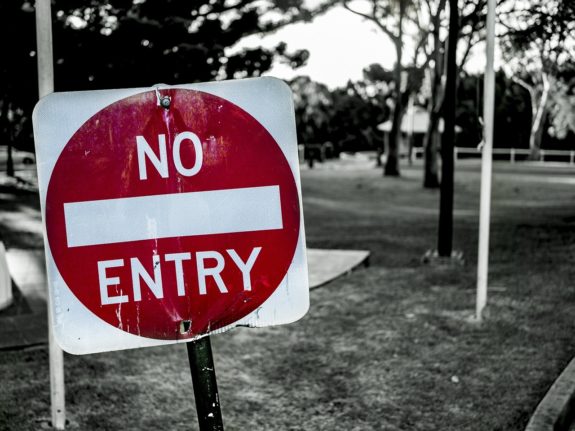Number of radicalised teens is on the rise
Since the beginning of March, seven teenagers aged 16 to 18, were arrested in three separate incidents for allegedly being involved in ISIS (Islamic State), a terrorist group that is banned in Switzerland, as well as participating in “preparatory acts to commit homicide,” according to police.
In one case, a 15-year-old actually stabbed an Orthodox Jewish man.
According to authorities, extremism among teens is a relatively new phenomenon in Switzerland.
They have a violent disposition to begin with “and are looking for a pretext [ti act]. And they find it in ISIS videos,” said Jérôme Endrass, forensic psychologist in Zurich.
Exposure to such propaganda can radicalise minors, particularly those who are socially isolated or psychologically unstable, and push them to resort to violence, he added.
Netflix in Switzerland: high(er) cost of viewing
The cost of subscriptions to the streaming service has increased again — the fifth price hike in 10 years.
Since April 12th, subscribers to the basic service pay 12.90 francs a month — 1 franc more than previously.
The “standard” package went up by 2 francs to reach 20.90 francs per month.
Premium subscribers are feeling the pinch most: a 3-franc increase, bringing the monthly total to 27.90 francs per month.
It’s decided: Switzerland will not have a ‘Gross National Happiness Index’
The National Council refused on Thursday a motion to replace Gross Domestic Product (GDP), which measures the country’s economic activity, by Gross National Happiness Index — an indicator of the population’s standard of living, as well as psychological and social health.
Such a concept already exists in Bhutan, and Switzerland should also have a system to measure its prosperity better than from the purely economic GDP, argued MP Felix Wettstein.
However, his colleagues in the National Council decided to maintain the GDP as an internationally recognised “essential indicator.”
READ ALSO: Why Switzerland is one of the world’s ‘happiest countries’
Ahead this weekend:
National soil-testing project takes place Saturday and Sunday
“Soils are essential to life: they ensure food production, filter water, and shelter great biological diversity,” the Federal Department of the Environment said in a press release.
“In order to protect soils in a targeted manner, we need to collect more information about their quality and the services they provide,” it added.
To participate in this national project, all you need (besides a small patch of land) is this app, a pair of underwear made entirely of cotton, and a shovel to bury it.
After you dig up the undies two months later, the stage of decomposition will provide valuable information on the biological processes taking place in the soil.
“If the underwear is completely or partially decomposed, this is a testament to the health and vitality of the soil.”
If you have any questions about life in Switzerland, ideas for articles or news tips for The Local, please get in touch with us at [email protected]



 Please whitelist us to continue reading.
Please whitelist us to continue reading.
Member comments